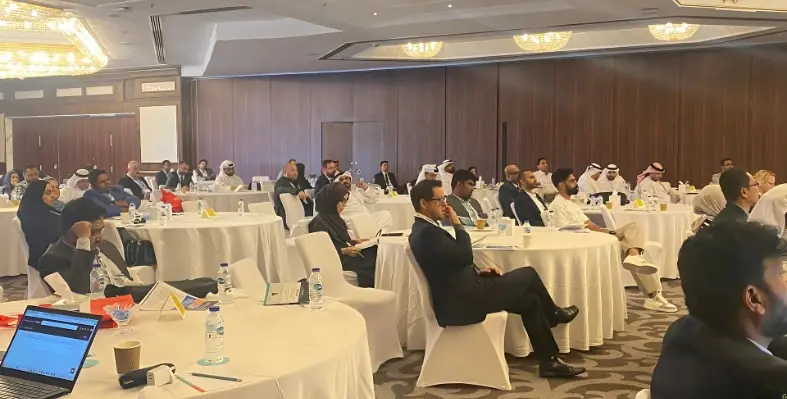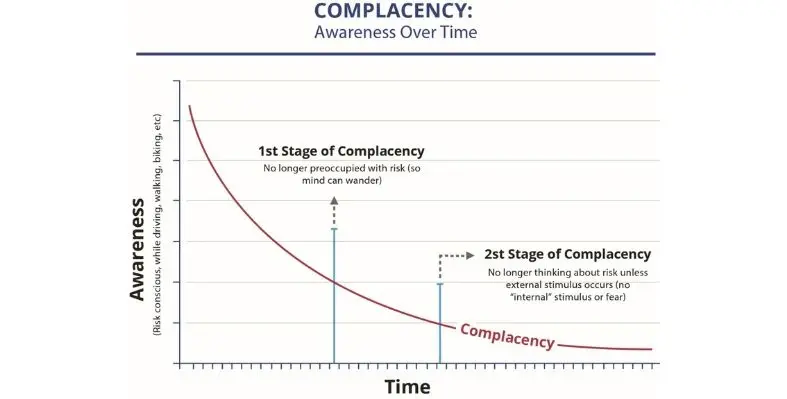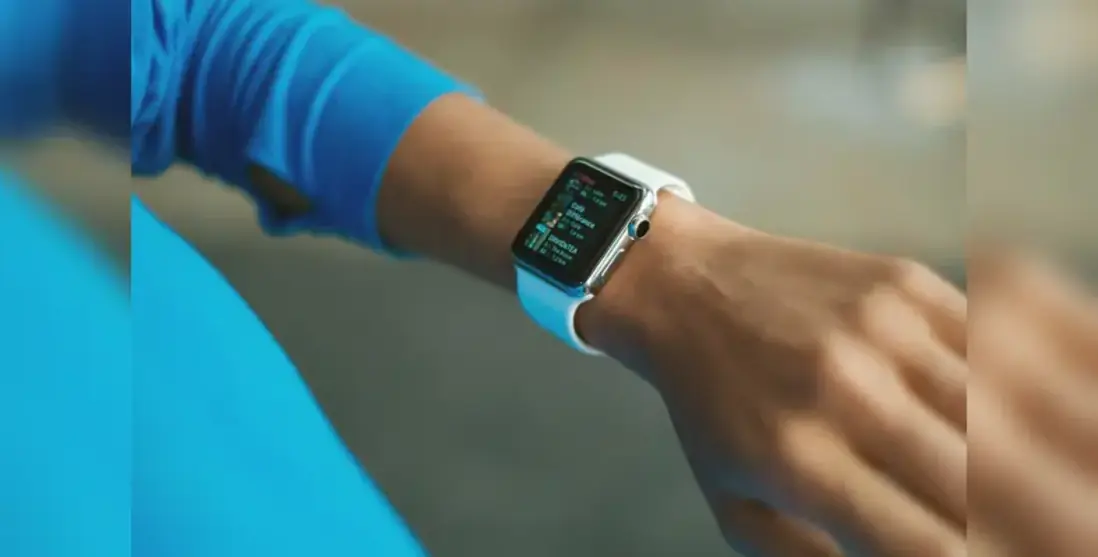The second Canon’Frontiers of Innovation Forum 2020 online webinar entitled ‘Cyber Security at Home’ has given viewers practical tips on protecting employees and families when they work remotely
Cybersecurity is now one of company’s most pressing issues. The shift to work from home and workers logging on from less-secure domestic networks has given hackers a ‘green light’ – and more 'phishing emails' exploit health and economic fears of consumers during the crisis.
In line with Frontier’s focus on knowledge sharing, Quentyn Taylor, Canon EMEA’s director of information security, outlined on Canon EMEA’s LinkedIn page how threats have been with us throughout history-only the online attacks of today are constant and increasingly sophisticated.
Last year’s Hiscox Cyber Readiness Report found that 61 percent of European and US businesses reported an attack on cybersecurity last year, compared to 45 per cent last year. “There are two types of firms – those that have been hacked, and those that don't know they've been hacked,” he advised.
Throughout the one hour webinar, Taylor stressed the importance of sticking to the fundamentals. Evite open networks, use strong, unique passwords – not easily repeated across devices – and maintain clear boundaries between work and leisure time.
Other safety measures include ensuring critical data is backed up and that your browser and PC networks match. He recommended www.haveibeenpwned.com and www.nomoreransom.org to let you know if your account was hacked and to provide tips for online protection.
Wokring from home provides different dynamics, with family members living in separate rooms but frequently accessing devices on shared networks. “If you have a child, take interest in what they watch online, and be careful about online shopping and holiday scams. If something sounds too good to be true, it probably is.”
Taylor has advised corporations to build resilience into their critical IT infrastructure and network connections. “Working from home is going to be ‘the new normal’ for many people, and we need to understand how we can cope with that. From an IT perspective, if you do get malware going through your company, how do you swap out all the laptops?”
























